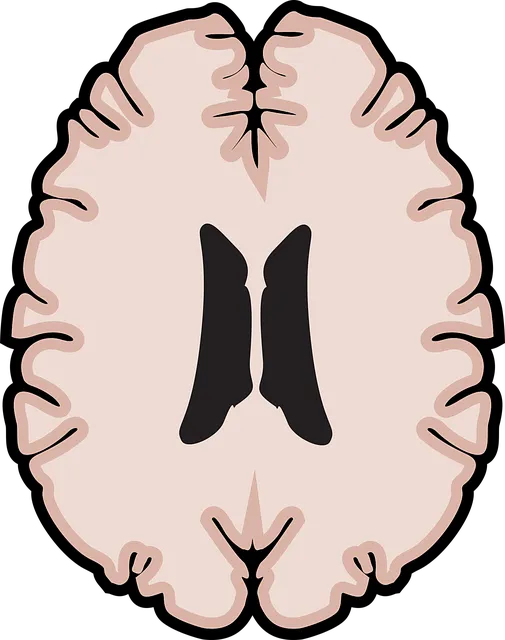Arvada Kaiser Permanente is enhancing mental health services with advanced assessment tools, improved diagnosis procedures based on evidence-based practices, and open conversations about mental well-being. Their goal is to increase diagnostic accuracy, improve patient outcomes, and expand their mental health coverage for a diverse patient population. By integrating Empathy Building Strategies and Mind Over Matter Principles, they aim to strengthen their commitment to quality mental healthcare.
At Arvada Kaiser Permanente, we’re dedicated to enhancing mental health diagnosis accuracy to ensure every patient receives personalized, effective care. This article delves into the current challenges faced within our organization, exploring gaps in diagnostic accuracy and their profound impact on patient outcomes. We present innovative strategies and tools designed to improve accuracy, including advanced technologies and comprehensive training programs. Additionally, we analyze how these efforts translate into enhanced Arvada Kaiser Permanente mental health coverage, ultimately improving patient access to quality care and positive outcomes.
- Understanding Mental Health Diagnosis Challenges at Arvada Kaiser Permanente
- – Discuss the current state of mental health diagnosis within the organization
- – Highlight gaps in accuracy and their impact on patient care
Understanding Mental Health Diagnosis Challenges at Arvada Kaiser Permanente

Arvada Kaiser Permanente faces unique challenges when it comes to mental health diagnosis accuracy. With a diverse patient population and limited resources, ensuring proper evaluation and treatment can be difficult. The healthcare provider is committed to enhancing mental health awareness and improving diagnostic procedures to better serve its members.
One significant effort involves integrating advanced assessment tools that promote emotional regulation and mood management. By adopting evidence-based practices, the organization aims to streamline the diagnosis process, enabling more accurate identification of various mental health conditions. Additionally, Arvada Kaiser Permanente encourages open conversations about mental well-being, fostering an environment where individuals feel comfortable seeking help for their emotional struggles, thereby improving overall community mental health.
– Discuss the current state of mental health diagnosis within the organization

At Arvada Kaiser Permanente, we recognize the importance of accurate mental health diagnoses to ensure effective treatment and support for our members. While our organization is committed to providing comprehensive mental health coverage, challenges remain in diagnosis accuracy due to the complex nature of mental illnesses and the diverse needs of our patient population. We are dedicated to continually improving this critical aspect of care.
Our current approach involves integrating Empathy Building Strategies and Mind Over Matter Principles into our Mental Health Education Programs Design. These strategies aim to bridge the gap between clinical assessment and accurate diagnosis by fostering deeper connections between healthcare providers and patients, promoting understanding, and cultivating an environment conducive to open communication. By focusing on these areas, we strive to enhance diagnostic accuracy and ultimately improve patient outcomes.
– Highlight gaps in accuracy and their impact on patient care

Mental illness diagnosis accuracy is a critical aspect of patient care that demands attention. Despite advancements in healthcare and resources like Arvada Kaiser Permanente’s mental health coverage, gaps remain in diagnostic precision. These shortcomings can lead to misaligned treatments, delayed support, and adverse outcomes for patients. For instance, misdiagnoses or underestimating the severity of conditions such as depression or anxiety can hinder access to appropriate care, including necessary Trauma Support Services and strategies for Emotional Regulation.
The impact of these gaps is profound, affecting patient trust, treatment adherence, and overall well-being. Enhancing diagnostic accuracy involves multifaceted approaches. Improving communication strategies between healthcare providers and patients is essential, ensuring a safe space for open discussions about symptoms and concerns. Additionally, integrating comprehensive assessments and evidence-based practices can significantly reduce misdiagnosis rates and improve patient outcomes.
Arvada Kaiser Permanente’s efforts to enhance mental health diagnosis accuracy are a step towards better patient outcomes. By addressing the current challenges and leveraging improved diagnostic tools, the organization can ensure more effective treatment plans for its members, ultimately enhancing the quality of mental health coverage provided. These initiatives are crucial in fostering a supportive environment for those seeking help and navigating the complex landscape of mental illness.






